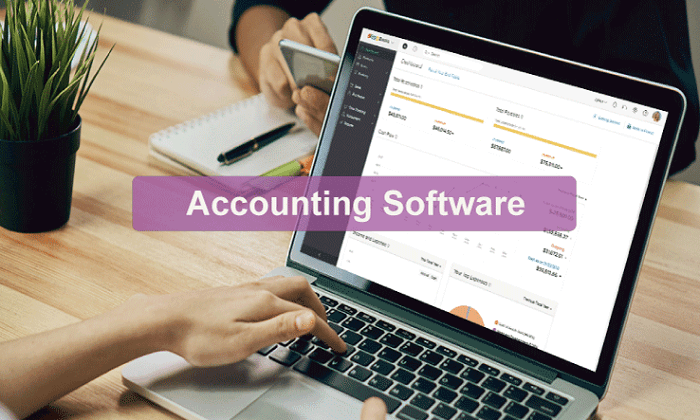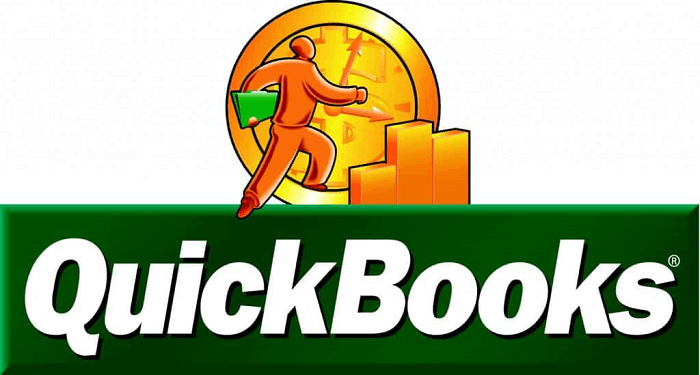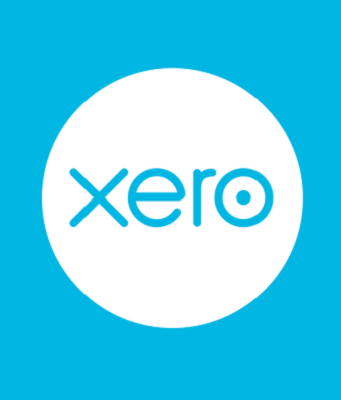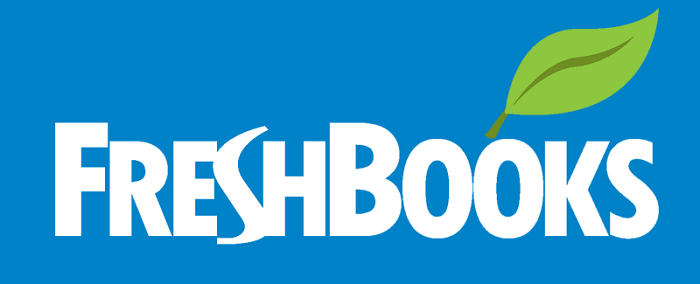Accounting SoftwareWhether your business is a small startup or a large corporation, accounting software is always essential. It streamlines the accounting process, making it easier for businesses to manage their financial data, invoices, and reports. With the help of accounting software, business owners can keep track of their finances, make informed decisions, and improve their bottom line. From desktop applications to cloud-based systems, there are various types of accounting software available on the market. In this topic, we will discuss in-depth information about accounting software. DefinitionAccounting software refers to computer programs or applications designed to automate, manage, and streamline financial tasks and processes for businesses. These software solutions typically offer features such as invoicing, billing, expense tracking, financial reporting, payroll management, and tax preparation and filing. 
Accounting software is designed to help businesses accurately and efficiently manage their finances, reduce errors, and improve overall financial performance. However, it is to be noted that the accuracy of the information received always depends on the data given as input by the concerned user. The software can be customized to suit the specific needs of the business and may be available as a desktop application, a cloud-based service, or as custom-built software. Types of Accounting SoftwareThere are generally three main types to consider in terms of accounting software, namely: desktop accounting software, online accounting software, and custom accounting software. 1. Desktop Accounting SoftwareDesktop accounting software is a traditional option that is installed directly onto a computer. Such software typically offers more features and greater control over financial data than other options. It also often allows businesses to keep their data in-house, giving them greater security and peace of mind. However, desktop software can be less flexible than other options and may require IT support for installation and maintenance. 2. Online Accounting SoftwareThe advantage of online accounting software is that a user can access it from anywhere with an internet connection since it is cloud-based. This type of software is known for its ease of use and accessibility, making it a popular option for small businesses and startups. It can also be more cost-effective, as it often operates on a subscription-based model rather than requiring a large upfront investment. However, some businesses may be concerned about the security of their financial data being stored online. 3. Custom Accounting SoftwareCustom accounting software is tailored specifically to a business's unique needs. It may include features that are not available in off-the-shelf options and can be designed to integrate seamlessly with existing systems. Custom software can be ideal for larger businesses or those with complex accounting needs. However, it can be a costly option and may require more time and resources for development and maintenance. Key Features of Accounting SoftwareAccounting software comes with a range of key features designed to make the accounting process as streamlined and efficient as possible. Some notable features include the following:
Benefits of Using Accounting SoftwareUsing accounting software has numerous benefits for businesses of all sizes. Some of the major benefits are as follows:
Top Accounting Software in the MarketThere are numerous accounting software options available on the market, but some stand out as the most popular and highly recommended. The following are five top accounting software options to consider: QuickBooks: QuickBooks is a much-known accounting software option that is used by a huge number of small businesses around the world. 
It offers a large number of features, including invoicing and billing, expense tracking, payroll management, and more. QuickBooks can be accessed both on desktop and other online versions, making it a flexible option for businesses of all sizes. Xero: The next cloud-based accounting software is Xero. It offers a large number of features, such as invoicing and billing, inventory management, bank integration, and more. 
It's known for its user-friendly interface and mobile app usability, which allows business owners to manage their finances on the go. Wave: This free accounting software is ideal for startups and small businesses. Wave offers various features like invoicing, receipt scanning, and expense tracking. 
While it may not have as many features as some of the more robust options, its simplicity and cost-effectiveness make it a popular choice. FreshBooks: FreshBooks is our next cloud-based accounting software that is geared towards service-based businesses, such as freelancers and consultants. 
It offers a number of features to its users, including time tracking, project management, and invoicing. FreshBooks is known for its intuitive interface and excellent customer support. Zoho Books: With Zoho Books, you can make invoices, track expenses, manage projects, and update inventory. 
It can also be integrated with other Zoho business tools, which makes it a great option for businesses that often use other products of the Zoho platform. Factors to Consider When Choosing Accounting SoftwareHere are five key factors to keep in mind when selecting accounting software:
The Bottom LineAccounting software can be a very useful tool for businesses of all sizes, from small startups to large corporations. With features such as invoicing and billing, financial statements and reports, payroll management, inventory management, tax preparation and filing, and bank integration and reconciliation, businesses can streamline their financial operations and gain valuable insights into their financial health by using accounting software. Whether you opt for desktop accounting software, online accounting software, or custom accounting software, there is a number of software options available according to your needs.
Next TopicAccounting Standards Committee (ASC)
|
 For Videos Join Our Youtube Channel: Join Now
For Videos Join Our Youtube Channel: Join Now
Feedback
- Send your Feedback to [email protected]
Help Others, Please Share









